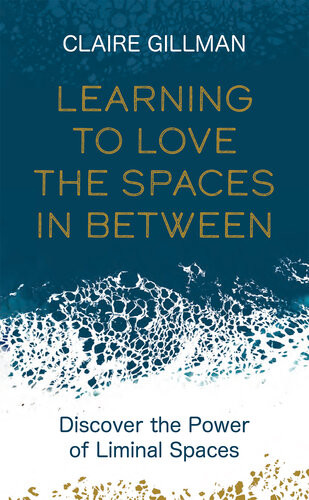

Most ebook files are in PDF format, so you can easily read them using various software such as Foxit Reader or directly on the Google Chrome browser.
Some ebook files are released by publishers in other formats such as .awz, .mobi, .epub, .fb2, etc. You may need to install specific software to read these formats on mobile/PC, such as Calibre.
Please read the tutorial at this link: https://ebookbell.com/faq
We offer FREE conversion to the popular formats you request; however, this may take some time. Therefore, right after payment, please email us, and we will try to provide the service as quickly as possible.
For some exceptional file formats or broken links (if any), please refrain from opening any disputes. Instead, email us first, and we will try to assist within a maximum of 6 hours.
EbookBell Team

4.4
72 reviewsThe word liminal comes from the Latin word 'limen', meaning threshold. A liminal space is the 'crossing over' space, the time between 'what was' and the 'what is to come', and a place of transition and possibility. Each of us experiences liminality in our lives – learning how to navigate and embrace its power can enhance our wellbeing and our understanding of the world. Being in liminal space can be unnerving, yet it is often where insight, creativity and inspiration are found.
Liminality can be a metaphysical state – the place between sleep and wakefulness, between life and death where consciousness is altered – or it can be a physical space: an empty art gallery, or the moment just before it rains. In an age where so much is known, defined and explained, the feelings we derive from liminal spaces continues to enchant us and to disturb our equilibrium and complacency.
Using a combination of commentary and interviews with leading luminaries within their specific fields, Learning to Love the Spaces in Between explores both physical and metaphysical liminal spaces. The text provides not only an explanation from both spiritual and scientific perspectives but also suggestions on practical steps we can take to encourage us to explore the uncomfortable feelings that arise when we are in the unknown.
Welcome to the boundless possibility of liminality.